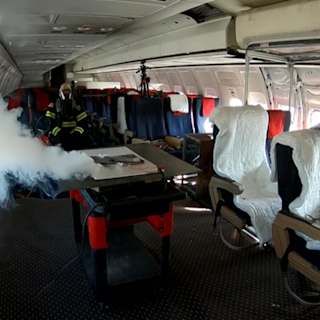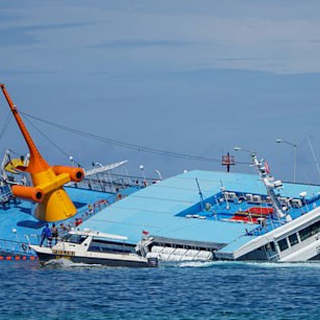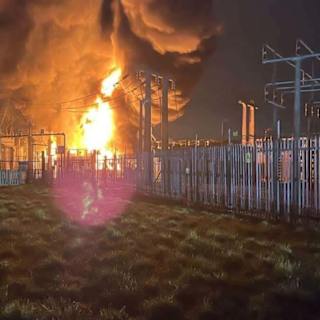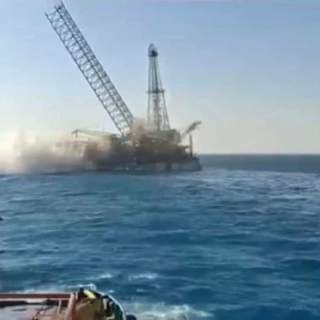- Fire Forces Crew Evacuation
- Environmental Response Underway
- Pattern of EV-Related Ship Fires
A cargo ship carrying thousands of Chinese vehicles, including electric and hybrid models, sank in the North Pacific on Monday after burning for three weeks, marking the latest maritime disaster linked to electric vehicle transport.
The Morning Midas went down at approximately 4:35 p.m. local time in international waters about 360 nautical miles southwest of Alaska's Aleutian Islands, according to Zodiac Maritime, the London-based company that managed the vessel. The ship was transporting 3,048 vehicles from China to Mexico, including 70 fully electric and 681 hybrid electric vehicles, when fire erupted on June 3.

The blaze began on a deck carrying electric vehicles and quickly intensified despite the crew's firefighting efforts using onboard suppression systems12. All 22 crew members abandoned ship in a lifeboat and were safely rescued by the nearby container ship COSCO Hellas34. No injuries were reported.
"Damage caused by the fire, compounded by heavy weather and subsequent water ingress, caused the Morning Midas to sink," Zodiac Maritime said in a statement56. The vessel went down in waters approximately 5,000 meters deep.
Salvage teams from Resolve Marine took a week to reach the burning ship due to its remote location. When they arrived on June 9, the vessel was still ablaze, though thermal scans showed no active fire by June 1636.
Two salvage tugs equipped with pollution control equipment remain at the site monitoring for signs of contamination or debris12. A specialized pollution response vessel is en route as an additional precaution. The ship carried 350 metric tons of gas fuel and 1,530 metric tons of very low sulfur fuel oil13.
The Morning Midas was built in 2006 and operated under a Liberian flag1. Its cargo included vehicles from Chinese manufacturers Chery Automobile and Great Wall Motor, according to Bloomberg4.
The incident follows other high-profile fires involving electric vehicle transport. The Felicity Ace sank in 2022 after catching fire in the Atlantic while carrying 4,000 luxury vehicles, resulting in insurance losses around $155 million for Volkswagen Group1. The Fremantle Highway caught fire off the Netherlands in 2023 in another incident involving electric vehicles2.
Lithium-ion batteries used in electric vehicles pose growing challenges for maritime transport due to the risk of thermal runaway, which can create intense fires that are difficult to extinguish31.
"All operations continue to prioritize the safety of personnel and the protection of the marine environment," Zodiac Maritime stated4.



